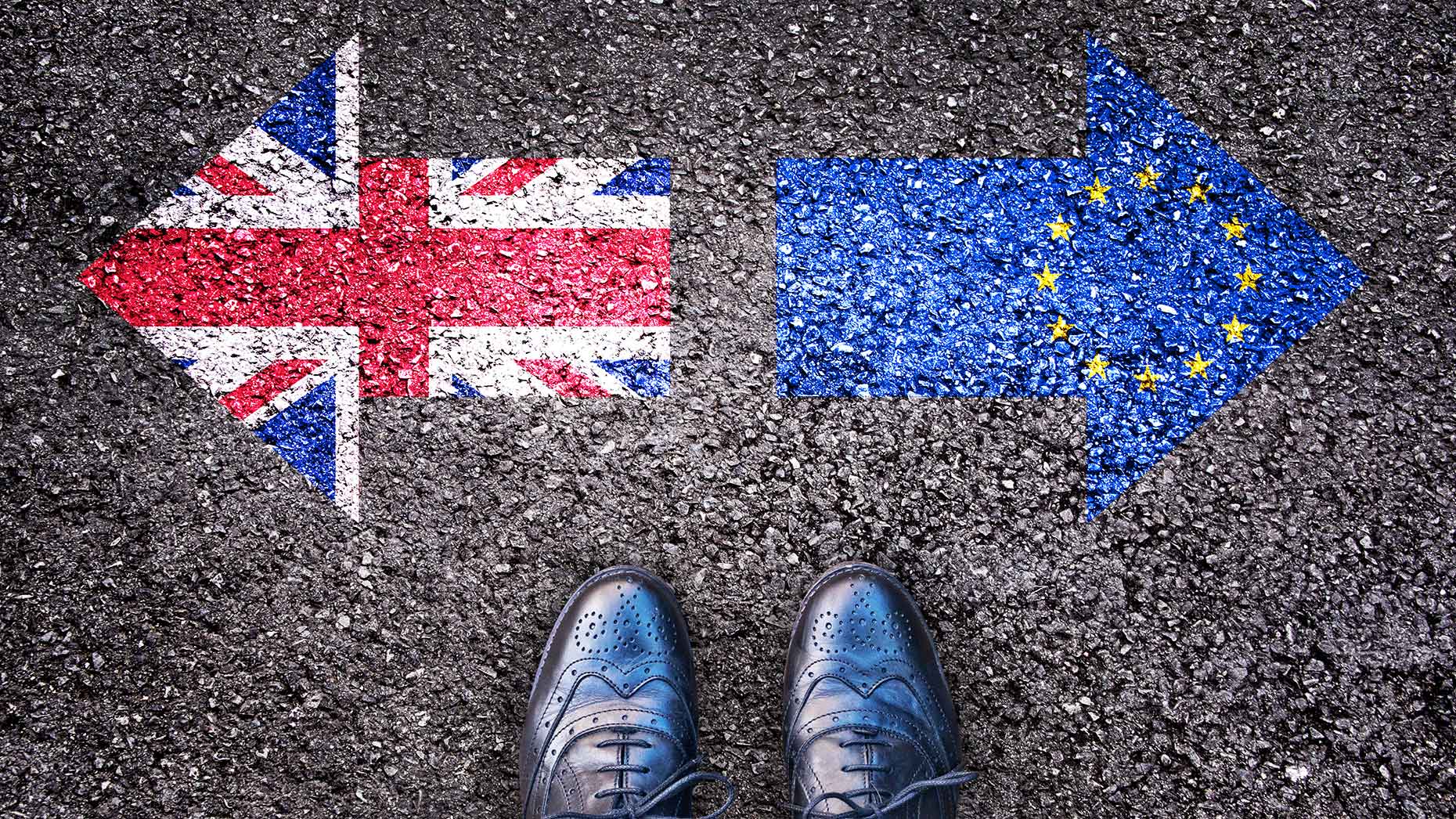It’s the time of the year when we prepare our holidays. It needs a lot of planning though. When planning holidays or your next journey, you cast your thoughts to last year’s, remember what you liked and what went wrong. The enjoyable holidays are to treasure, the bad experiences are there to learn from and to avoid them.
One can, of course, just book on ‘the spur of the moment’ which has all the attraction of the spontaneity and all the trappings of an unpredictable result. The longer the journey, the more planning is essential. The bigger the party, the more detail required. The school reunion you are planning is too big and too important to leave it to a chance.
Everybody agreed that the school reunion must be prepared professionally so you engaged a travel agency.
Now imagine that less than a year before the departure you are told that the only commitment the travel agency made was the date of your departure; you still do not have a clue about the destination, you don’t know how they organised the trip, what to take with you, who you will travel with.
In fact, it is worse than not knowing. With the exception of the date of your departure, you receive conflicting information every day. All is promised and nothing delivered. Like that deal of 350 pounds per day rebate on your holidays.
Or that Davis Davies Travel Agency. Last summer he promised the “row of the summer” to negotiate a very good travel deal for you. Nothing happened of that and in the end he committed you to pay more than you bargained for.
Even worse agency was May’s Travel. It should be renamed to May Travel (or may not). One day she said you needed a visa, the next day you did not; one day no deposit was needed, the next day it was a full price payment. Her advice about custom duties and border controls was shambolic. Often she said two contradictory statements in the same sentence: like needing a visa but not needing a passport for example. You can’t embark on a trip not knowing what to expect.
Not surprising the party gets restless. The teenagers involved did not want to go in the first instance; going on a memory trip of ‘the aged’ did not have that much attraction for them. Everybody wants to hear answers to basic questions: Where are we going? How we will get there? How much will it cost? What will we do there?
As a result, the party gets split in the middle, as everybody is looking for their own answers. A half now questions the idea of the trip itself. It now looks that whatever the decision half of the people will be unhappy. If the trip is cancelled one half would be pleased and the other would feel cheated. If the journey goes ahead the ones who wanted to stay will be fed up, the ones who wished to go will be jubilant in the face of self-imposed adversity.
Somehow, the party must come together again. The best way forward is to have another meeting and decide what to do to celebrate your school anniversary. Now, when you know more about the trip, its difficulties and its unknowns you can revisit your original decision with more facts and knowledge. Let’s call it ‘People’s Votes’ to give it a grand name.
Time to pause and plan again. The crucial question now is: Is that trip down the memory lane at all doable? Or was it just a dream? Can it be organised at all? If so, by whom?
All of you agree it will certainly not be May’s Travel Agency.
Fortunately, in case of Brexit there is a cross party, cross opinion European Movement. A travel agency (to use the parallel above) of 70 years of standing, developing understanding between European nations. They organised the Brexit Dialog this coming Friday (May 25) in Spalding.
“Explaining the Facts, Exposing the Myths, Exploring the Options” starts at 7pm in the South Holland Centre in Spalding. The aim is to hold a constructive conversation between the public (Leavers, Remainers, agnostics) and well-informed politicians and sectoral experts. Kenneth Clarke MP, Tom Brake MP, James Torrance (co-founder of Renew) and Amelia Womack (Deputy Leader Green Party) will be there to answer your questions. With a bit of luck John Hayes MP – a prominent Brexiter – might take part too.
Whatever your view, if you want to stay informed you should want to come.






